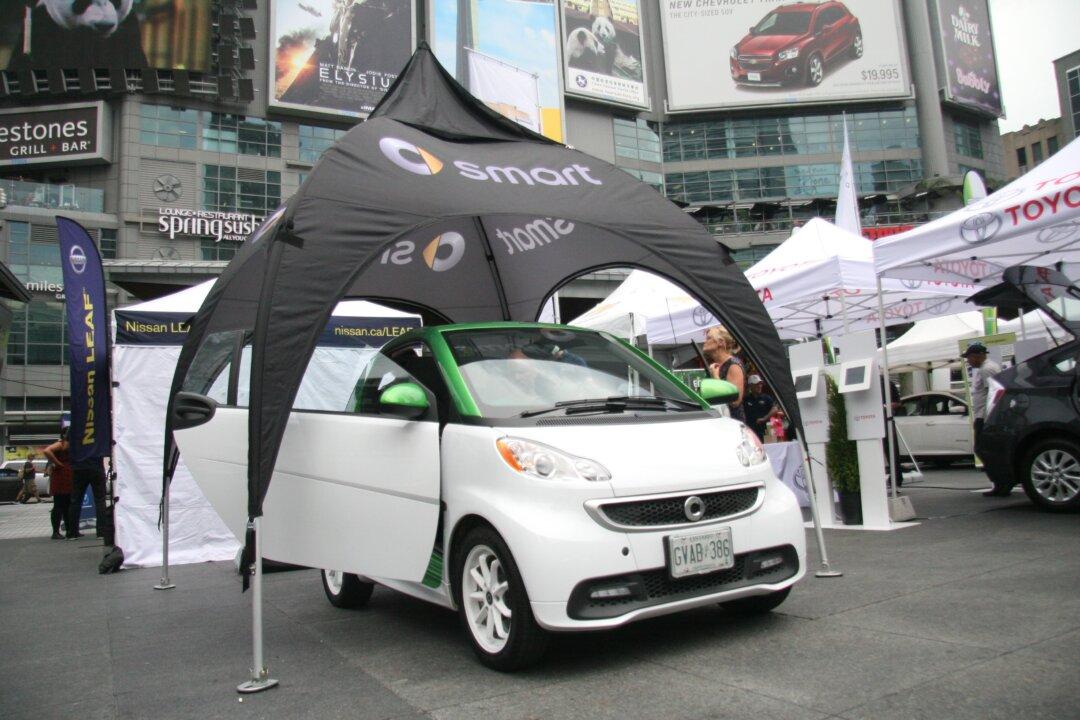The Biden administration has announced that it will investigate Chinese-manufactured “smart cars” capable of collecting sensitive information about U.S. drivers, citing potential threats to national security.
The Commerce Department is planning to investigate the potential threats from “connected vehicles” in nations such as China and others that are seen as unfriendly to the United States, according to a Feb. 29 announcement.





